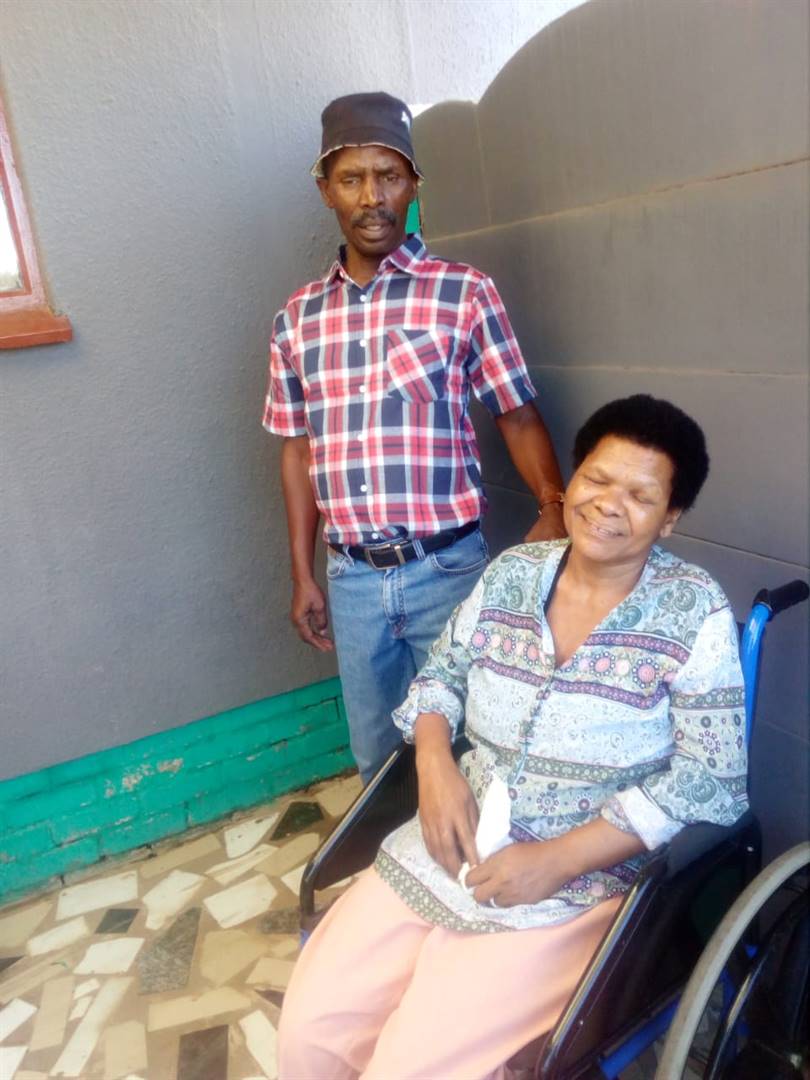
The judicial inquest into the deaths of mental healthcare patients in the Life Esidimeni tragedy of 2016 began this year on July 19. After several false starts and procedural delays, with another six-week postponement announced this week, only four witnesses have testified before Judge Mmonoa Teffo in the Johannesburg High Court.
The fifth postponement since the start of the inquest signals a long road ahead for determining criminal accountability.
The reason for the fifth adjournment is to allow for potentially implicated parties to secure legal representation and for their legal representatives to be brought up to speed about the case.
However, several key themes have already emerged.
Warnings ignored
It has been found that civil society, family groups and doctors warned the Gauteng health department about the risks of a mass transfer of patients, but these warnings were ignored.
READ: Still employed after Life Esidimeni tragedy
The first witness, operations director of the SA Depression and Anxiety Group (Sadag) Cassandra Chambers, testified that they repeatedly warned officials in the department of the risks associated with rushing the move of patients from Life Esidimeni into NGOs that were not suitably prepared.
Despite countless rounds of correspondence from medical experts trained in mental healthcare, demonstrations and meetings with family groups, and an urgent court application, the provincial government went ahead with the project.
Reflecting on the transfer, Chambers said: “Those were not normal proceedings. Those patients should never have died from being moved from one facility to the next. The facilities were not adequate.”
Importantly, the court has admitted the findings from an alternative dispute resolution chaired by former deputy chief justice Dikgang Moseneke to the record, which details gross human rights violations and conditions of suffering, neglect and torture that the patients experienced at unlicensed NGOs.
What Life Esidimeni said during the inquest
Two witnesses from the Life Esidimeni hospital group also testified. Dr Morgan Mkhatshwa was the managing director at the time of the transfer of patients, and Zanele Buthelezi was the nursing manager.
Section27’s legal representative Advocate Adila Hassim cross-examined Mkhatshwa and it emerged that the hospital group was told to reduce the number of beds at Esidimeni in 2015, but the Gauteng health department was dissatisfied with the pace.
READ: Life Esidimeni inquest: Frail patients moved to NGOs instead of hospitals - state witness
According to Mkhatshwa, former Gauteng health MEC Qedani Mahlangu cited budget cuts as the reason for reducing beds, but findings from Moseneke’s report following arbitration hearings in 2018 showed that budget cuts were only for “non-essential” services and that health was regarded as an essential service “not liable for cost containment measures”.
Mkhatshwa said that Life Esidimeni could not cut its tariffs further as this would compromise the quality of care. The costs of care at Life Esidimeni were subsidised by the broader Life group and kept low due to economies of scale.
He said:
According to Mkhatshwa, Life Esidimeni wanted to vet the NGOs and make sure that they matched individual patient needs, but the process was rushed and government did not allow for a gradual transition.
Mkhatshwa maintains that documentation, personal belongings, medicine and clothes for each patient were handed over to clinical representatives from the Gauteng health department at the time of transfer, but the department said this was not always done.
The hospital representatives said they provided people who were transferred from Life Esidimeni with medication for 28 days and if they were transferred to a hospital then they received seven days’ worth of medication.
However, some NGOs ran out of medication and did not have resources to replenish medicine stock. At times NGOs also did not know what medicine patients were on and this contributed to ill-health.
Buthelezi’s evidence echoed this account. She testified that up to 60% of patients at Life Esidimeni should not have been transferred due to low mental functioning, risk of relapse and the need for structured full-time care. However, they were still included in the transfers.
Buthelezi stressed that before the project, patient transfers were done with trial periods to help the patients acclimatise. Since they are often vulnerable, it is critical to their wellbeing and to avoid the risks of relapse that patients adjust slowly to a new environment.
She said the first and second groups of mental healthcare patients were transferred following proper and normal procedures, but with groups that followed there was a deviation from procedure and the process was rushed and haphazard.
READ: On last day of operations, Life Esidimeni centre had to scramble to get accommodation for patients
Lists for patients to be transferred were changed sometimes as late as the night before, said Buthelezi, and patient assessments – which before the project were done with multiple doctors over several hours – were done quickly to meet government’s demand.
The Gauteng government’s first witness
Dr Richard Lebethe, who was the acting head of clinical services in the department at the time of the mass transfer, was the first government witness to testify.
Despite claiming that he was too busy with other projects to have been centrally involved in the transfer of patients, it emerged under cross-examination that Sasop and Sadag sent at least two letters to him, to former head of the Gauteng health department Dr Barney Selebano, to former head of the mental health directorate Dr Makgabo Manamela, and to Mahlangu about the risks of a mass discharge of patients.
Lebethe said:
Lebethe’s cross-examination showed that government was clearly disinterested in engaging with patient advocacy groups, who were labelled as “dishonest” by the department, and that government threatened to get private lawyers involved to silence them.
Passing the buck
Government officials and NGO owners have continued with blame-shifting and finger-pointing.
Mahlangu’s legal representatives, for example, reiterated their stance from the arbitration, insisting that she was not personally responsible for the deaths and that she was acting on the orders of Gauteng Premier David Makhura to reduce costs by transferring patients to NGOs. It seems Mahlangu is intent on passing the buck for how the project was implemented.
Legal representatives for Manamela adopted a similar approach by blaming officials, both senior and junior, for the events that led to the deaths of mental healthcare patients.
READ: Life Esidimeni: NGO did not have food to feed mental healthcare patients, inquest hears
Delay tactics and lengthy periods of cross-examination may work in favour of those who want to avoid possible future prosecution, but the facts of this tragedy remain: 144 mental healthcare patients died in the care of the government following the decision of the provincial health department to move them into the care of ill-equipped NGOs.
A long road ahead
Proceedings are set to resume in mid-November and it is crucial that administrative and logistical bottlenecks be resolved.
The process of accountability began with arbitration almost four years ago to the day, on October 9 2017. In a process as drawn out as this, one littered with delays and legal technicalities, we must not lose sight of what happened during the Life Esidimeni tragedy, and the memory of the lives lost must remain central to what happens going forward.
Judge Teffo is expected to compile a report confirming the identity of each of the 140 patients who died following the rushed transfer, determine the date of each of their deaths, and finally make findings on the legal causes of death for each of the deceased. This last finding is important because by determining if there was any criminal offence or negligence by state actors or NGO owners which contributed to the deaths, it is hoped that those responsible for the deaths will be held criminally accountable in the future.
Chaskalson is a research and advocacy officer at Section27.
This article, first published on Spotlight, is written by an employee of Section27. Spotlight is published by Section27 and the Treatment Action Campaign, but is editorially independent
| ||||||||||||||||||||||||||||||
 |




 Publications
Publications
 Partners
Partners










